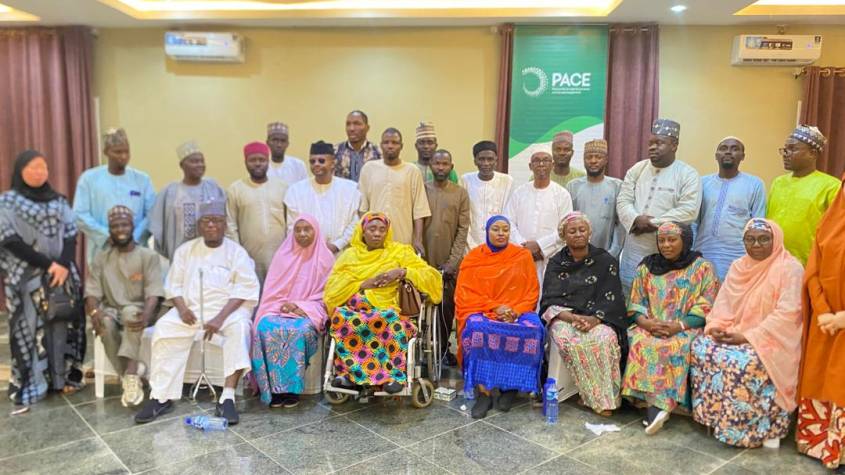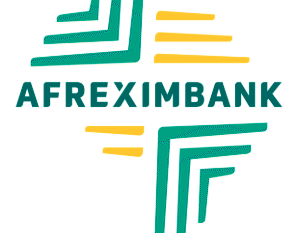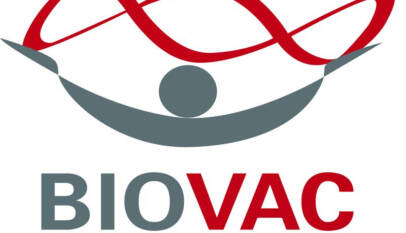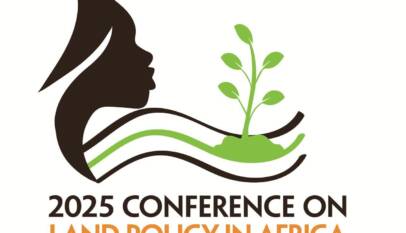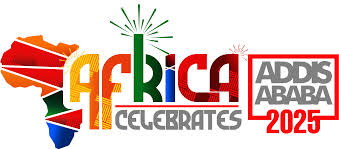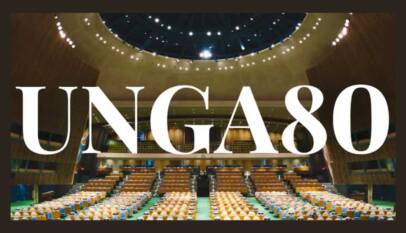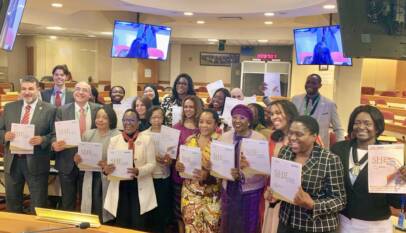Calls Grow for Kano Disability Commission Amid Persistent Exclusion of PWDs
Seven years after the passage of the Kano State Persons Living With Disabilities Law, the absence of a dedicated Disability Commission has left Persons with Disabilities (PWDs) without access to the protections and opportunities guaranteed under the law.
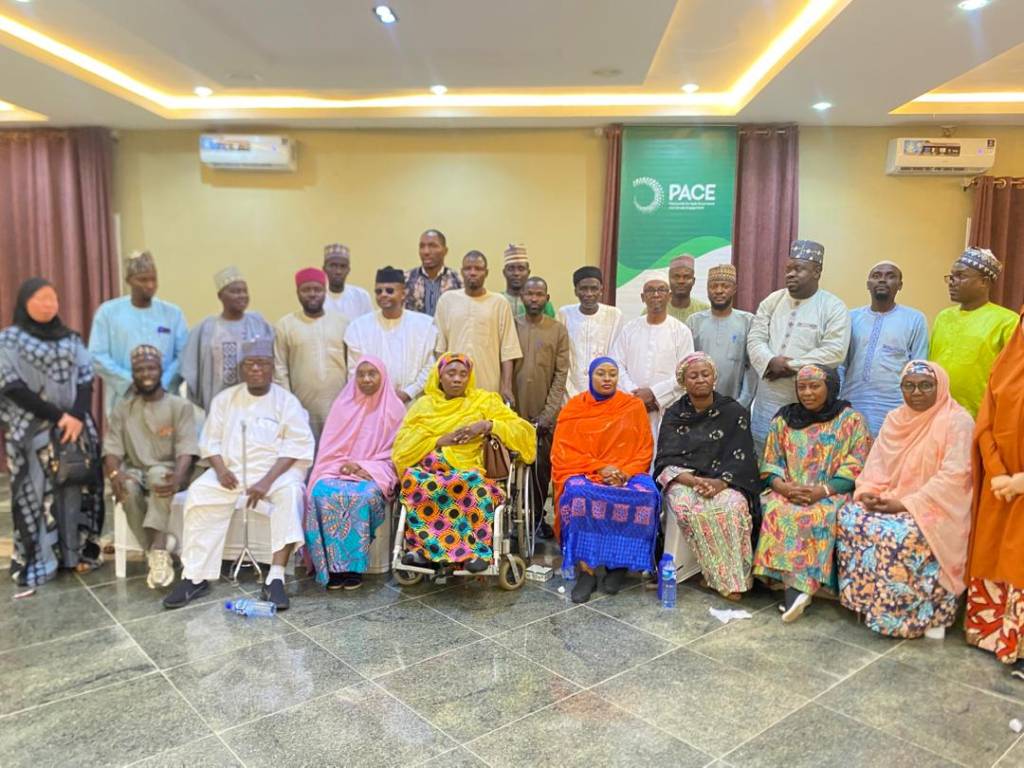
The UK Foreign, Commonwealth and Development Office (FCDO) Partnership for Agile Governance and Climate Engagement (PACE) programme has joined advocacy efforts pushing for the establishment of the commission. Through its support to civil society, media, and PWD constituencies, PACE is equipping stakeholders with the tools and strategies needed for sustained advocacy and constructive engagement with government — to make the commission a reality.
Without a formal structure to enforce the law, PWDs in Kano continue to face systemic discrimination in access to healthcare, education, transportation, and public spaces and essential services. Stakeholders believe that establishing a commission would bridge the gap between PWDs and the government, ensuring accountability and true inclusiveness.
PACE Reaffirms Support for Disability Advocacy
Auwalu Hamza, Kano State Team Lead for PACE, emphasized the program’s commitment to supporting advocacy on the establishment of the Commission, even though disability issues fall outside its direct mandate:
“This is a noble cause worth supporting. We aim to up-skill stakeholders so they can sustain advocacy until the commission is established and operational,” he said.
Hamza recalled that under PACE’s predecessor, Partnership to Engage, Reform and Learn (PERL), progress was made in laying the groundwork for the commission. This included supporting the creation of a Department for PWDs within the Ministry of Women’s Affairs.
The PACE Kano Lead noted that competing government priorities and weak stakeholder coordination have delayed the commission’s establishment:
“The government sometimes has competing priorities. Therefore, stakeholders must bring adequate attention to issues for them to move forward. PWD constituencies and the media have already done significant advocacy, and PACE is adding its voice to sustain the momentum.”
Department of PWDs Highlights Early Strides
Dr. Binta Bala, Director of the newly created Department of Persons with Disabilities, under the Kano State Ministry of Women Affairs, Children, and Disabled, reaffirmed the government’s commitment to disability inclusion. She noted that the creation of the department earlier this year marked an institutional foundation for the commission.
Dr. Bala highlighted that the Department has already recorded significant milestones, including:
- Partnering with the National Population Commission and the Kano State Bureau of Statistics to standardize disability data.
- Successfully advocating for the inclusion of PWDs from Kano in a ₦3 billion Federal Government Intervention Fund for PWDs.
- Conducting an accessibility audit across 80 Ministries, Departments and Agencies (MDAs), which identified critical gaps in public buildings and service delivery.
The Director added that efforts are underway to secure an independent budget for the department: “This financial autonomy will strengthen our long-term effectiveness. With the support of the Honourable Commissioner, we are optimistic about achieving more milestones.”
Experts Call for Urgent Action
Prof. Hassana Sani, a Special Education scholar at Bayero University Kano (BUK), warned that despite the Disability Law being gazetted seven years ago, its impact remains negligible without a commission: “Our yearning was for the commission to be immediately established. Without it, implementation stalls and PWDs remain excluded.”
Advocacy expert Mr. Jibrin Ali stressed that persistence is key to making the Kano Disability Commission a reality: “The law exists, but without implementation it cannot benefit PWDs. Advocacy is about reminding policymakers, holding them accountable, and ensuring resilience until action is taken.”
PWDs Share Firsthand Struggles
- Saifullah Sadiq, visually impaired Program Officer at the Disability Project Initiative, lamented that provisions for free healthcare, anti-discrimination measures, and job quotas remain unfulfilled:
“There is no enforcement. We are still discriminated against, denied equal chances in government programs, and excluded from services.”
- Bashir Idris Adam, who is hearing-impaired, said the lack of sign language interpreters in hospitals and communication barriers in transportation make basic services inaccessible:
“Doctors often show no concern, and in transport, we face daily struggles. A commission will ensure inclusion across these areas.”
- Bilkisu Ado Zango, Northwest Zonal Coordinator of the National Association for Persons with Physical Disabilities (JONAPWD), highlighted transportation and accessibility as critical challenges:
“We often pay double fares and face barriers in public facilities. A commission would coordinate responses across ministries and give us a real voice.”
Call for Action
Stakeholders unanimously agree that the establishment of a Disability Commission in Kano State is long overdue. Such a body would serve as the enforcement arm of the Disability Law, safeguard the rights of over one million PWDs, and ensure they can live with dignity while fully participating in society.
With sustained advocacy from PWDs constituencies, civil society, and the support of programs like PACE, there is growing optimism that the government will finally take decisive action — paving the way for a more inclusive and accountable Kano.

